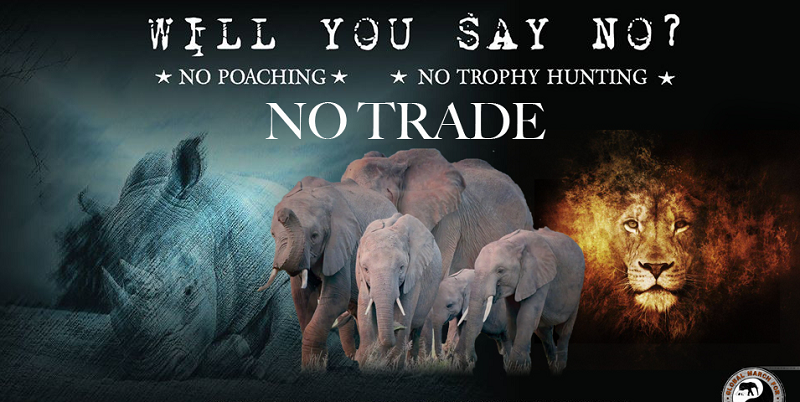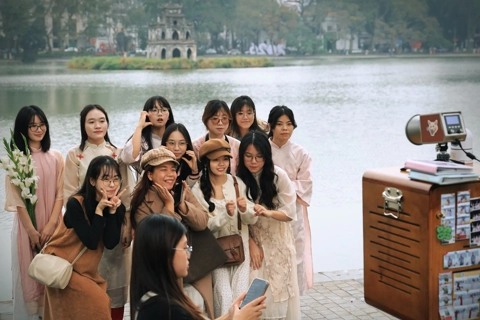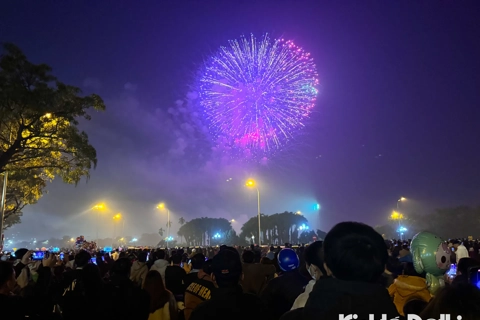NGOs call for tougher action against illegal wildlife trade amid Covid-19 spread
Stronger enforcement is believed to play a great role in mitigating risk of zoonotic diseases.
A number of domestic and international non-profit organizations (NGOs) working in nature and wildlife conservation have sent an open letter to Vietnam’s Prime Minister Nguyen Xuan Phuc to call for the government’s tougher action amid the spread of to the novel coronavirus (Covid-19) epidemic.
| Vietnam is called for further action against wildlife trade |
The organizations highlighted that limiting interaction between wildlife and humans through strong enforcement against illegal wildlife trade and wildlife markets is the most effective approach to mitigating future risk associated with transmission of disease between animals and humans.
The NGOs, including WWF, TRAFFIC, WCS, Fauna & Flora International, Wildlife at Risk (WAR), PanNature, AnimalsAsia, Save Vietnam’s Wildlife, GreenViet, and ENV believed that the move has the utmost importance in relation to the Covid-19 and reducing threats from further outbreaks.
Research conducted in Vietnam and beyond has demonstrated that corona viruses exist in wildlife populations and the illegal wildlife trade provides opportunities for these viruses to jump from wildlife to people.
This novel coronavirus is thought to have been transmitted to humans from wildlife as a result of close contact in a seafood market in Wuhan, China where illegal wildlife also was being sold.
Global epidemics related to animals
Looking back at recent history, several pandemics in the last twenty years showed clear links with virus reservoirs in wildlife populations, stated the letter.
The SARS outbreak in 2002, which infected more than 8,000 people and killed 774 in 37 countries, came from a novel betacoronavirus sourced from bats through masked palm civets as the intermediate host before reaching humans.
The Middle East respiratory syndrome (MERS) outbreak in 2012, which infected 2,494 and cost 858 human lives, also came from another coronavirus passing though dromedary camels to humans.
The very recent bout of African Swine Fever (ASF) sweeping through China, Vietnam and nine other countries, has caused severe economic losses and is attributed to wild African suids.
Lessons from SARS and now Covid-19 are clear that new viruses will continue to move from wildlife to people while illegal wildlife trade and wildlife consumption continue.
Meanwhile, illegal wildlife trade and consumption in Vietnam remain problematic despite efforts to reform wildlife protection policy and increase enforcement.
In addition, in recent years, there are growing flows of illegal wildlife products from international markets going to and through Vietnam.
Therefore, stronger enforcement would be a major step to mitigate future risk in relation to zoonotic disease outbreaks from contact between wildlife and humans, the NGOs said in the letter.











